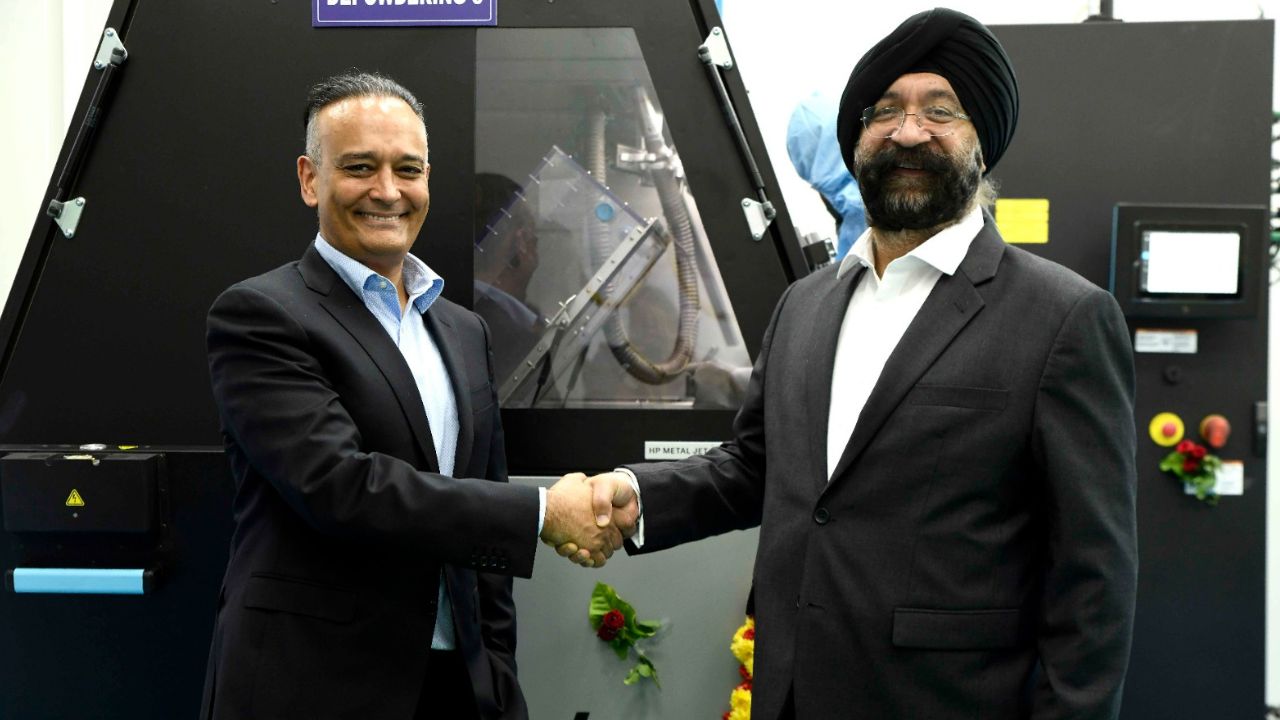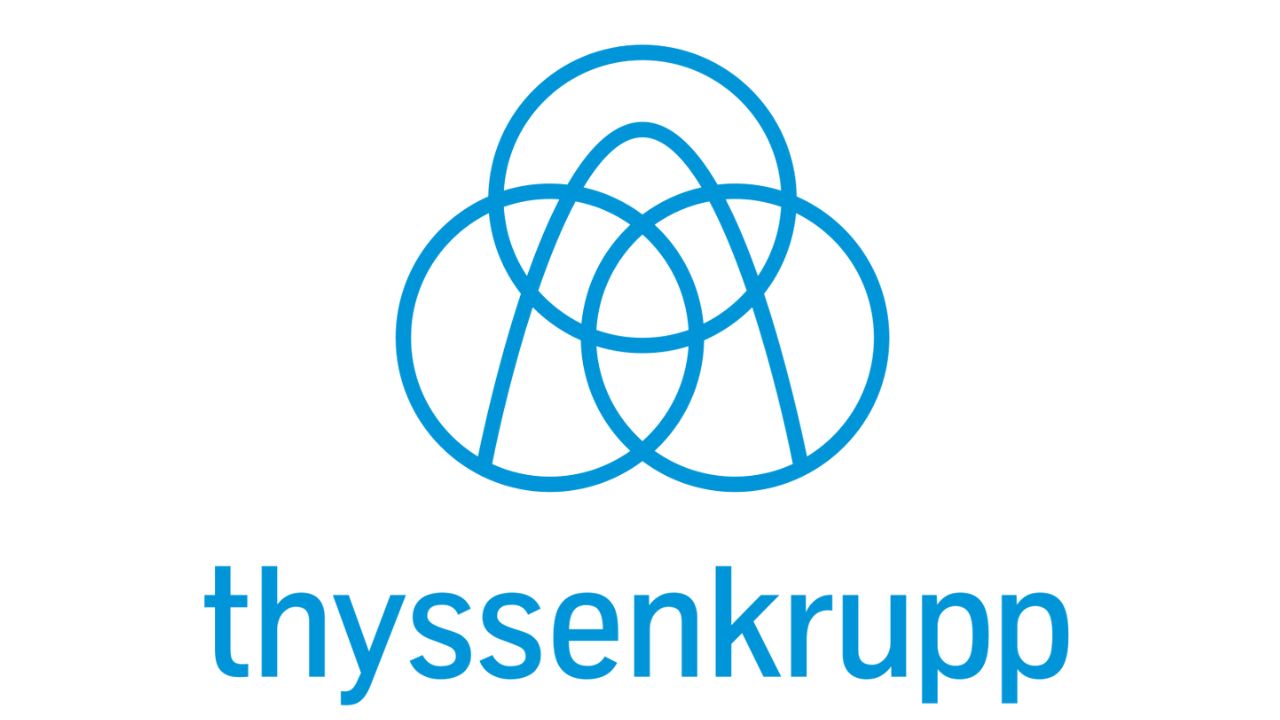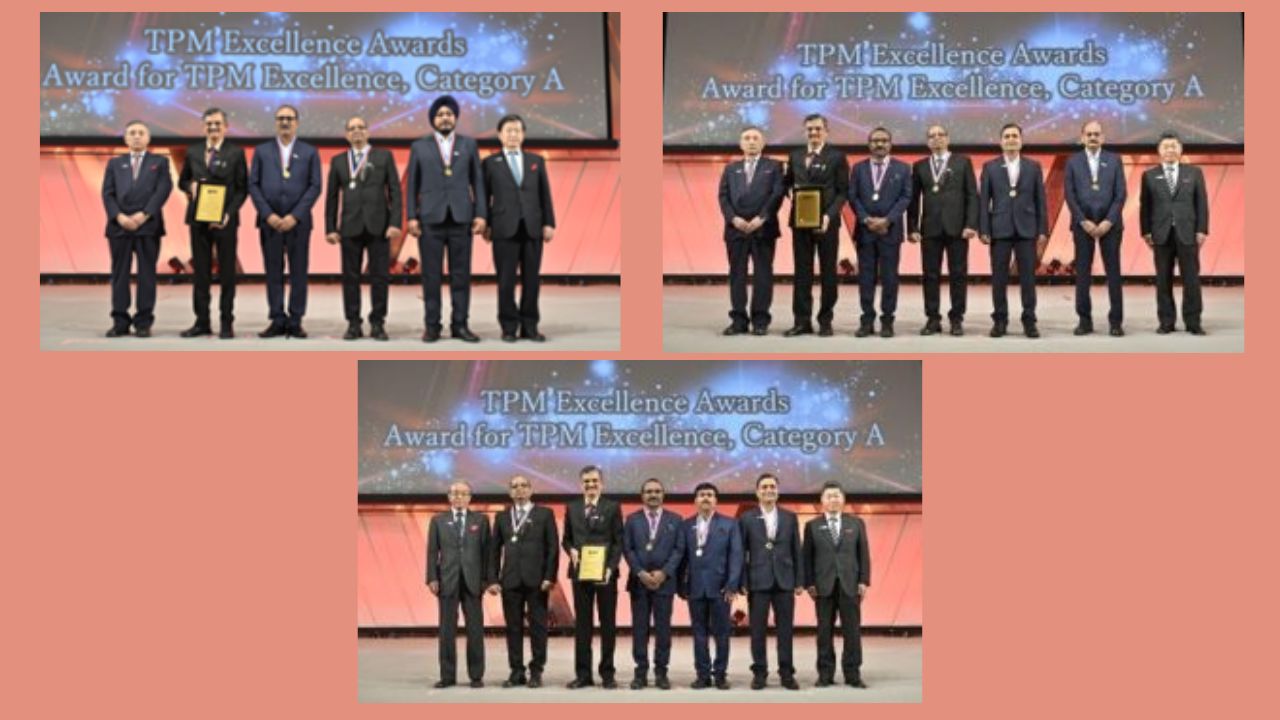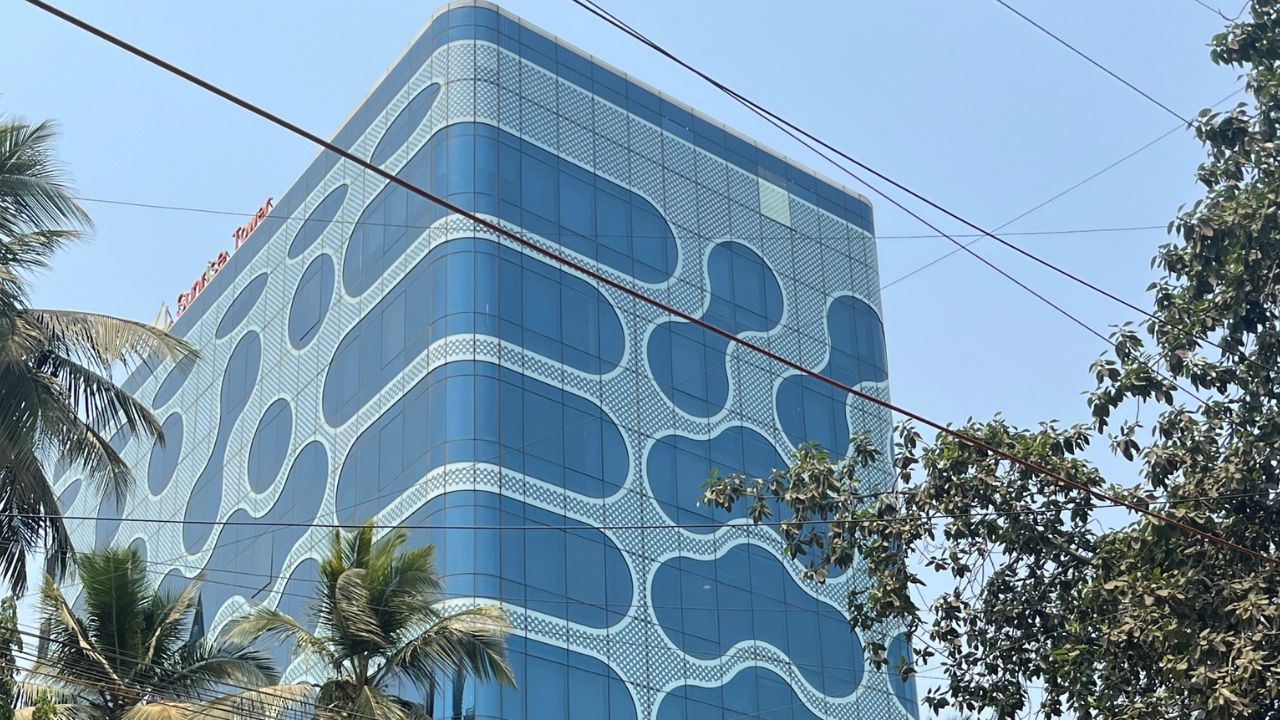Die Mould India 2024 Reflects Innovative and Insightful Industry Trends
#DieMouldIndia #TAGMA #Tooling“The tooling industry is diversifying beyond the automotive sector into emerging industries such as toy making, consumer durables, and aerospace, defence, and space. These sectors present lucrative opportunities for expansion and risk mitigation.” - D. Shanmugasundaram, Vice President, TAGMA India
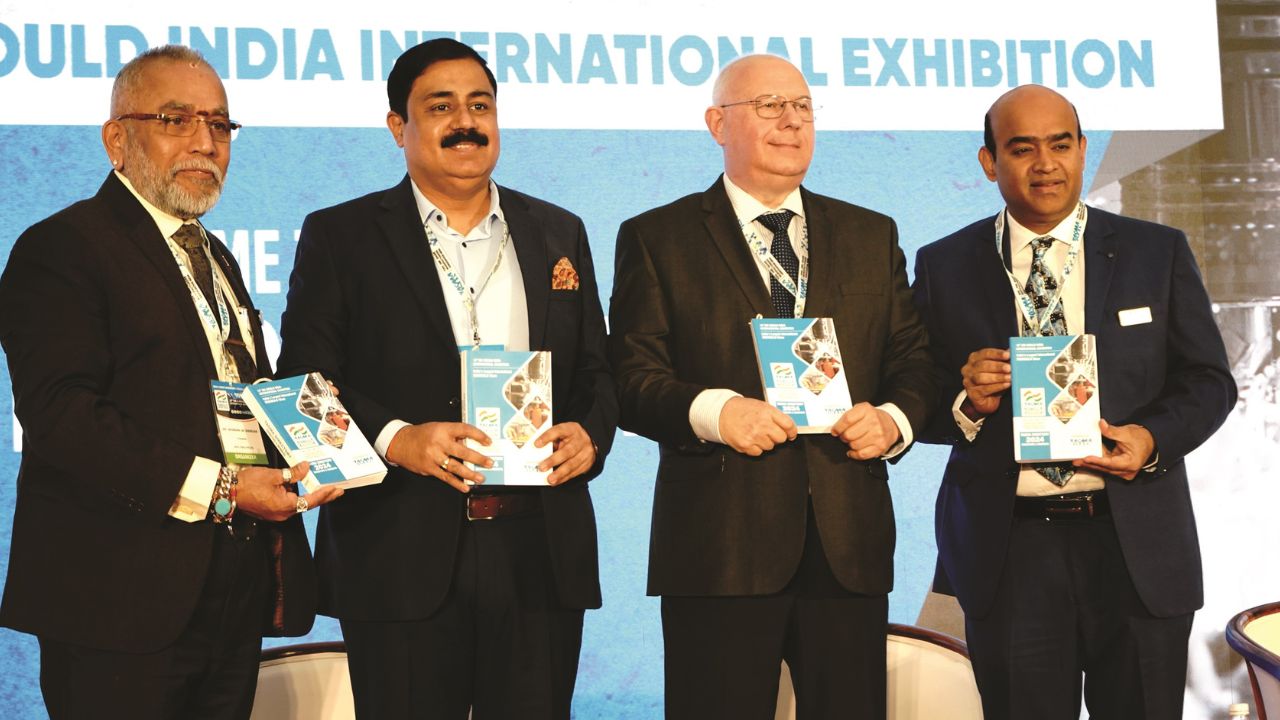
February 2024 : The highly anticipated Die & Mould India Exhibition commenced on 14 February 2024, at the Bombay Exhibition Centre in Goregaon, Mumbai. Hosted by the Tool & Gauge Manufacturers Association of India (TAGMA), a premier platform for the die and mould industry, the four-day event promises to showcase various technological developments for the booming die and mould industry.
It highlights the opportunities and challenges and provides a platform for toolmakers to learn from the user industry. The exhibition’s inauguration ceremony was graced by esteemed guests — Guest of Honour Sachin Kulkarni, Executive Director - Corporate Procurement & Member of Board, Skoda Auto Volkswagen India Pvt. Ltd., and Jim Walsh, Vice President - Tooling, Tata Electronics, joined by D. M. Sheregar, President of TAGMA India, and D. Shanmugasundaram, Vice President of TAGMA India, alongside other dignitaries. The ceremonial lighting of the lamp by the esteemed guests marked the auspicious beginning of the exhibition.
Extending a heartfelt welcome to everyone present at the inauguration ceremony, Mr. Sheregar said: “As we gather here today, it is important to reflect on the current state of the Indian tooling industry and the opportunities that lie ahead. Over the past two years, the Indian toolmaking sector has witnessed remarkable growth and achievements. According to the recently released Indian tooling report, the estimated market size of the Indian tooling industry stands at approximately ₹23,600 crore, underscoring the immense potential of our industry. However, there is still considerable room for improvement, particularly when considering that around 34 percent of the tooling demand is currently met through imports. It is imperative that we collectively target these areas for improvement and work towards reducing our dependence on imports.”
Mr. Sheregar also acknowledged the crucial role initiatives aimed at promoting indigenous manufacturing and fostering innovation will play in driving the growth and competitiveness of the industry. He called upon OEMs to collaborate with TAGMA in building a more robust and competitive tooling ecosystem in India.
Mr. Kulkarni highlighted India’s remarkable economic growth, crediting the government’s significant progress towards sustainable development. Emphasising the need for sustainable self-reliance, he underscored the Indian auto industry’s substantial seven percent contribution to the nation’s GDP. Commending the resilience of the supply chain industry, Mr. Kulkarni celebrated its growth from 2.3 million before COVID to an impressive 4.1 million, with a projected rise to 6-6.5 million by 2030. He attributed this success to the expanding middle class and easy access to finance, propelling the Indian auto industry to become the third-largest globally. As a global OEM, Mr. Kulkarni emphasized the expectations from the tooling industry: quality and commitment. In closing, he expressed “the need for continued support from the tooling fraternity, acknowledging their pivotal role in sustaining and advancing India’s automotive growth story”.
Mr. Walsh shed light on India’s matured automotive sector and the burgeoning electronic sector, emphasising the need for a focused approach. He said: “India’s Electronic Manufacturing Services (EMS) industry is growing rapidly and the companies are on the lookout for vendors. The geopolitical shifts are driving EMS to Southeast Asia and India. The world is looking towards India with hope. Companies moving their operations to India have four key expectations — speed, accuracy, innovation, and capacity. Sadly, Indian toolmakers are still unprepared to cater to the kinds of demands they have. I urge Indian toolmakers to rise to the occasion and focus on skill development for their employees, enhance the capacity of their shop floor, focus on manufacturing accuracy and meet delivery timelines, among other aspects. India needs to seize the opportunity and bridge the existing gap.” Mr. Shanmugasundaram delved into some of the trends shaping the industry. He said: “The tooling industry is diversifying beyond the automotive sector into emerging industries such as toy making, consumer durables, and aerospace, defence, and space. These sectors present lucrative opportunities for expansion and risk mitigation. The pandemic highlighted the importance of digital solutions, leading tooling companies to adopt advanced technologies for enhanced efficiency and productivity. Besides, with global customers demanding high precision and fast turnaround, the adoption of cutting-edge technologies is imperative for Indian companies to remain competitive. Also, to meet the evolving customer demands, continuous skill development is essential for tooling professionals to stay updated with the latest technologies and practices.” He urged: “Together, let us navigate these trends, capitalize on opportunities, and collectively contribute to the growth and evolution of the tooling industry in India.”
The 2024 edition of the Die & Mould India exhibition featured over 300 exhibitors spanning 25,000 square meters and representing 12+ countries. Each exhibitor showcased the latest advancements in the tooling industry. With expectations of attracting over 35,000 visitors throughout the four-day event, Die Mould India 2024 promises to be a significant gathering for industry professionals.
NEWSLETTER
TRENDING ON PRO MFG
MORE FROM THE SECTION




